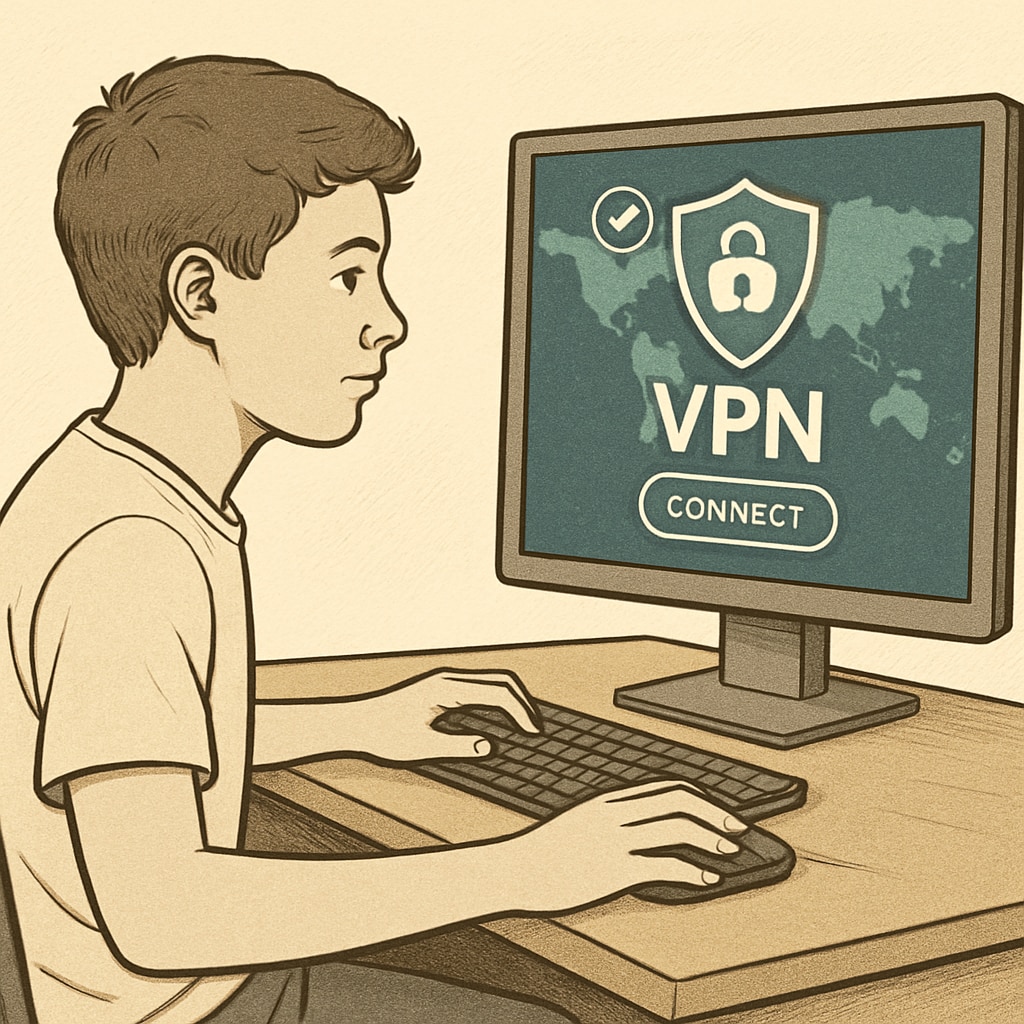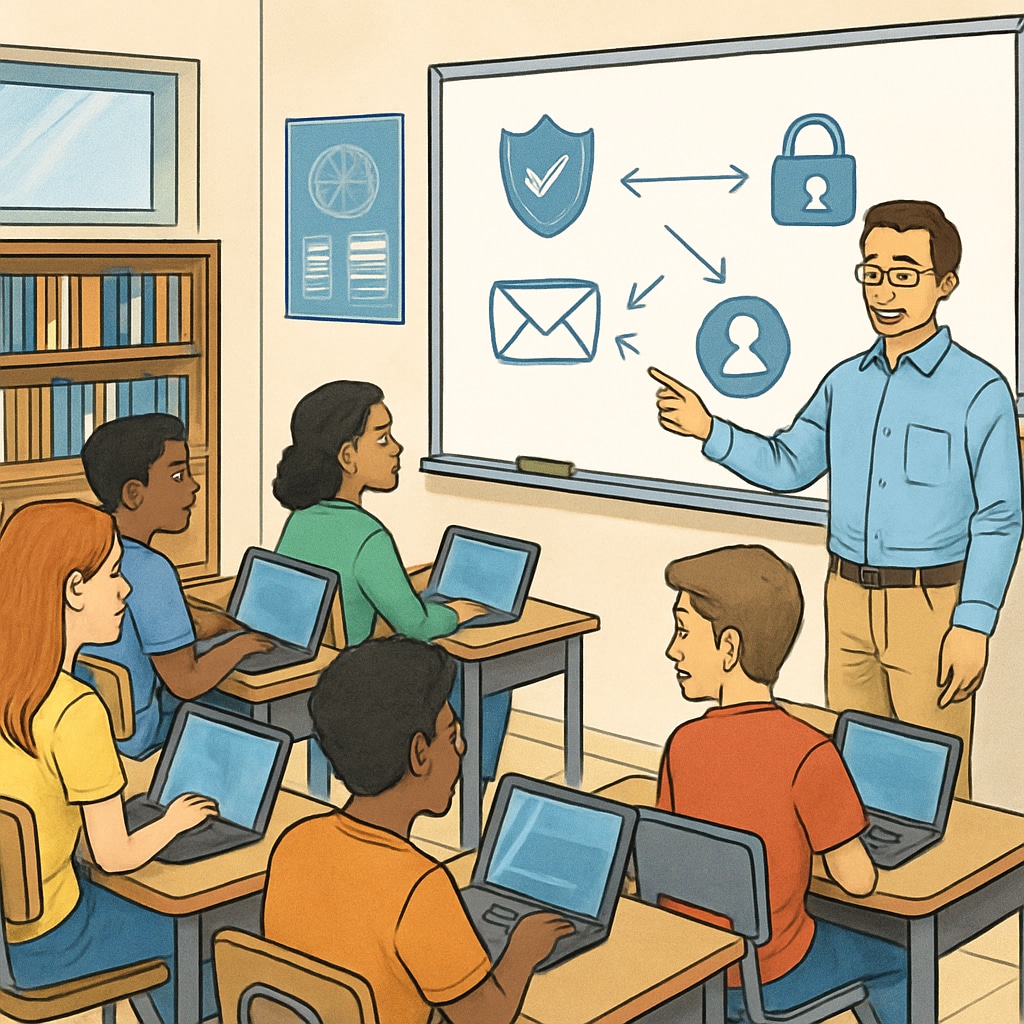The introduction of age verification laws in the UK has sparked a complex debate about online safety and unintended consequences. While the legislation aims to protect minors from accessing inappropriate content, it has also led to a spike in VPN (Virtual Private Network) usage, circumventing these digital barriers. This raises critical questions about the effectiveness of technical solutions in safeguarding young users and highlights the pressing need for comprehensive digital literacy education.
Why Age Verification Laws May Miss the Mark
The UK’s age verification laws were designed to ensure that minors cannot access adult content online, requiring websites to verify users’ ages before granting access to certain material. However, this approach assumes that technological barriers alone can effectively regulate web behavior. In practice, many teenagers have turned to VPNs—a tool that masks their location and identity—to bypass these restrictions.
VPN usage has skyrocketed since the introduction of these laws. According to recent reports, searches for “free VPNs” increased dramatically in the UK after the legislation was announced. This trend indicates that while the intent of the law is clear, its execution may inadvertently encourage tech-savvy minors to seek alternative paths to access restricted content.

What VPN Usage Reveals About Digital Education Gaps
The rise in VPN usage among teenagers exposes significant gaps in digital knowledge. While these tools offer privacy and security benefits, they can also be misused to access unsafe or illegal content. This situation underscores the limitations of relying solely on technical barriers to enforce online safety and highlights the need for digital literacy programs.
Effective digital education should focus on:
- Critical Thinking: Equipping students to evaluate the credibility of online information and understand the ethical implications of their actions.
- Privacy Awareness: Teaching young users about the trade-offs between privacy tools like VPNs and potential risks, such as exposure to malware.
- Responsible Internet Use: Encouraging safe and respectful online behavior, rather than simply blocking access to certain platforms.
In addition to school-based initiatives, parents play a vital role in reinforcing these lessons at home. Open discussions about online risks and opportunities can help teenagers navigate the internet responsibly.
Turning Challenges into Educational Opportunities
The unintended surge in VPN usage following the UK’s age verification laws presents a unique opportunity for policymakers, educators, and families to rethink how digital safety is approached. Rather than relying solely on restrictive measures, this moment calls for a collaborative effort to build a resilient foundation for digital citizenship.
Key strategies include:
- Collaborative Education Models: Combining school curricula with parental guidance to address the nuances of online behavior.
- Policy Adaptation: Revisiting laws to incorporate educational components rather than focusing solely on enforcement.
- Technology Training: Offering workshops on tools like VPNs, emphasizing their legitimate uses alongside potential risks.
As a result, society can shift from reactive approaches to proactive solutions, fostering a generation of digitally literate and responsible users.

Readability guidance: This article uses short paragraphs, clear subheadings, and lists to improve accessibility and engagement. Transition words like “however,” “therefore,” and “as a result” are used throughout to ensure logical flow. Additionally, technical terms are explained for broader understanding, and passive voice has been minimized to present an active and engaging narrative.


